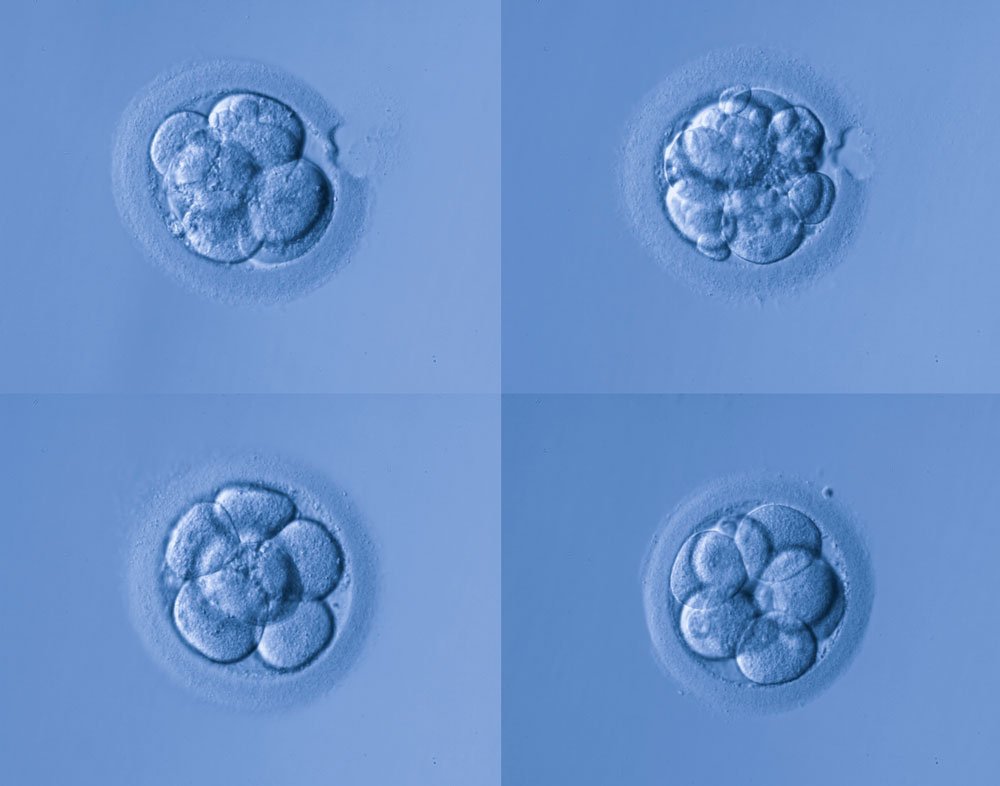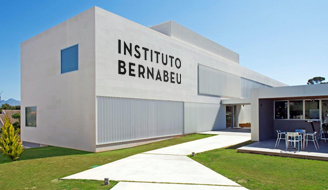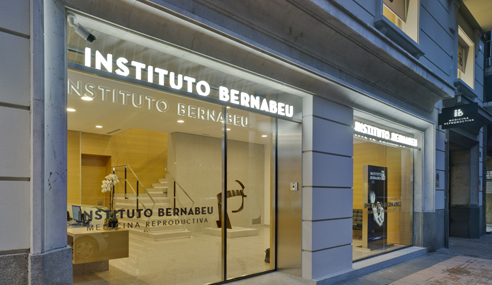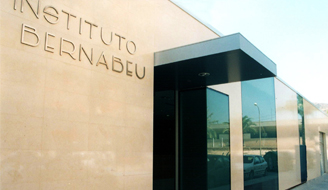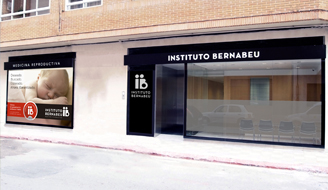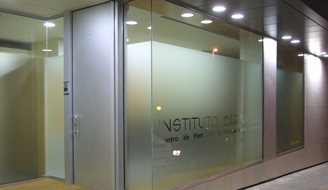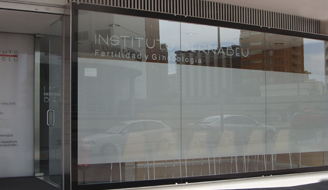Instituto Bernabeu researchers discover that chromosome mosaicism can lead to full term pregnancies and healthy children
Instituto Bernabeu will present a study entitled 'Embryo mosaicism and its impact on the results of cycles of in vitro fertilisation (IVF) and associated factors' at the 19th edition of the Congress of the Association for the Study of Reproduction Biology (ASEBIR) due to be held in Madrid between 15th and 17th November. In their research work, the experts from Instituto Bernabeu demonstrate that embryos with embryo mosaicism can implant and lead to the birth of healthy children even though they have a slightly lower ability to give rise to full term pregnancies. The team of geneticists, biologists, embryologists and gynaecologists that carried out the research work also identified factors that can increase the probability of mosaicism in an embryo. The researchers used CCS (Comprehensive Chromosome Screening) to analyse 1,923 embryos stemming from 704 cycles. They discovered that, in terms of chromosome mosaicism in embryos originating from IVF, whilst maternal age does not appear to affect mosaicism, paternal age is a risk factor that increases with the male partner's age.
The experts also discovered that embryo quality is linked to mosaicism. Embryos of the highest quality (A and B) are not likely to be mosaic whilst the probability is greater in poor quality embryos (C and D).
Dr José Antonio Ortiz, an expert in molecular biology and genetics at Instituto Bernabeu who is leading the research, points out that the research work is incredibly relevant since it has enabled us to understand the factors linked to chromosome mosaicism in embryos generated during cycles of IVF and their ability to lead to a full term pregnancy.
Mosaicismo embrionario: impacto en los resultados de los ciclos de fecundación in vitro (FIV) y factores asociados.
JA. Órtiz, B. Lledó, R. Morales, E.M. García-Hernández, J. Ten, J. Ll. Aparicio, R. Bernabeu
PÓSTER
